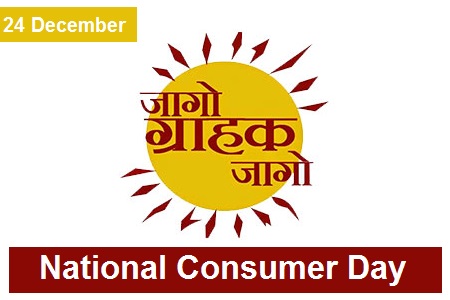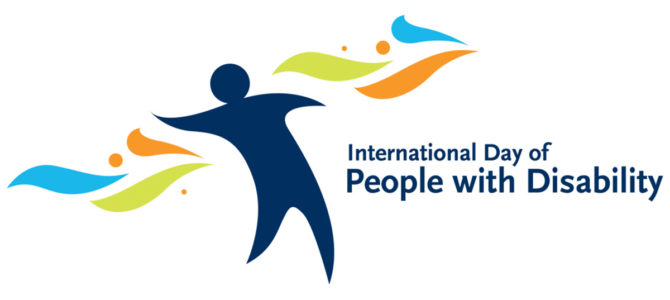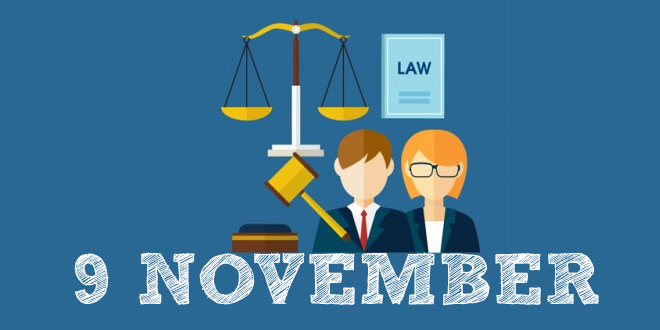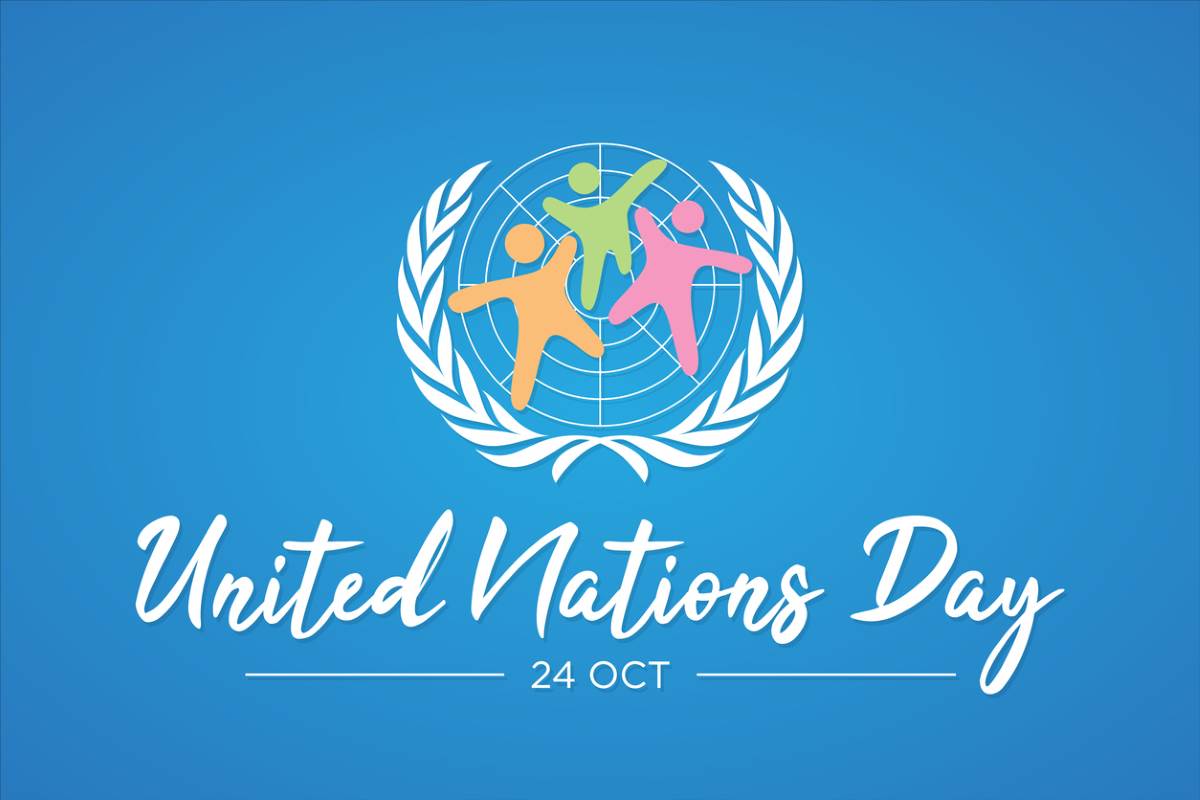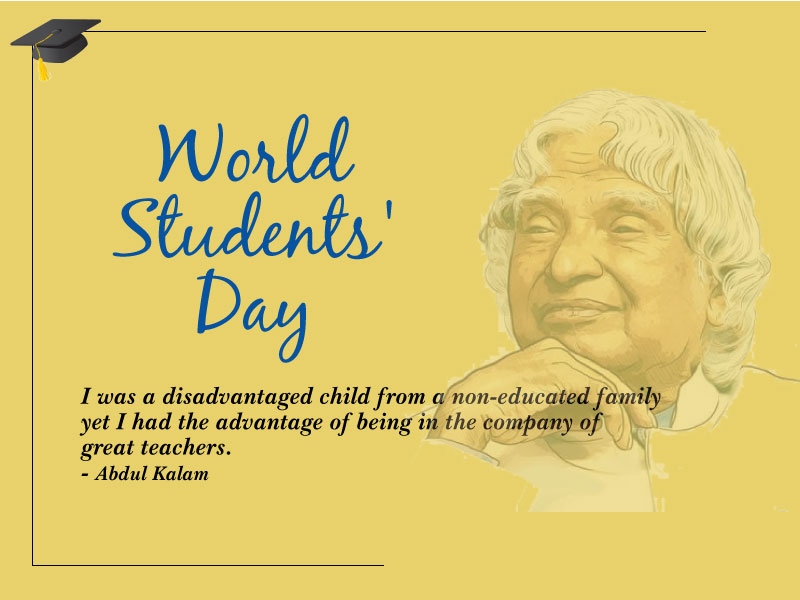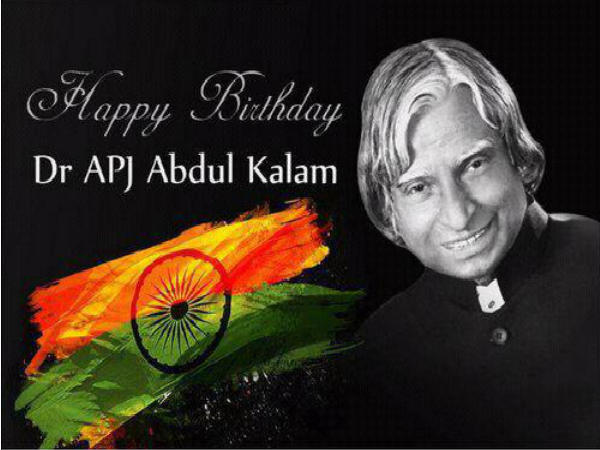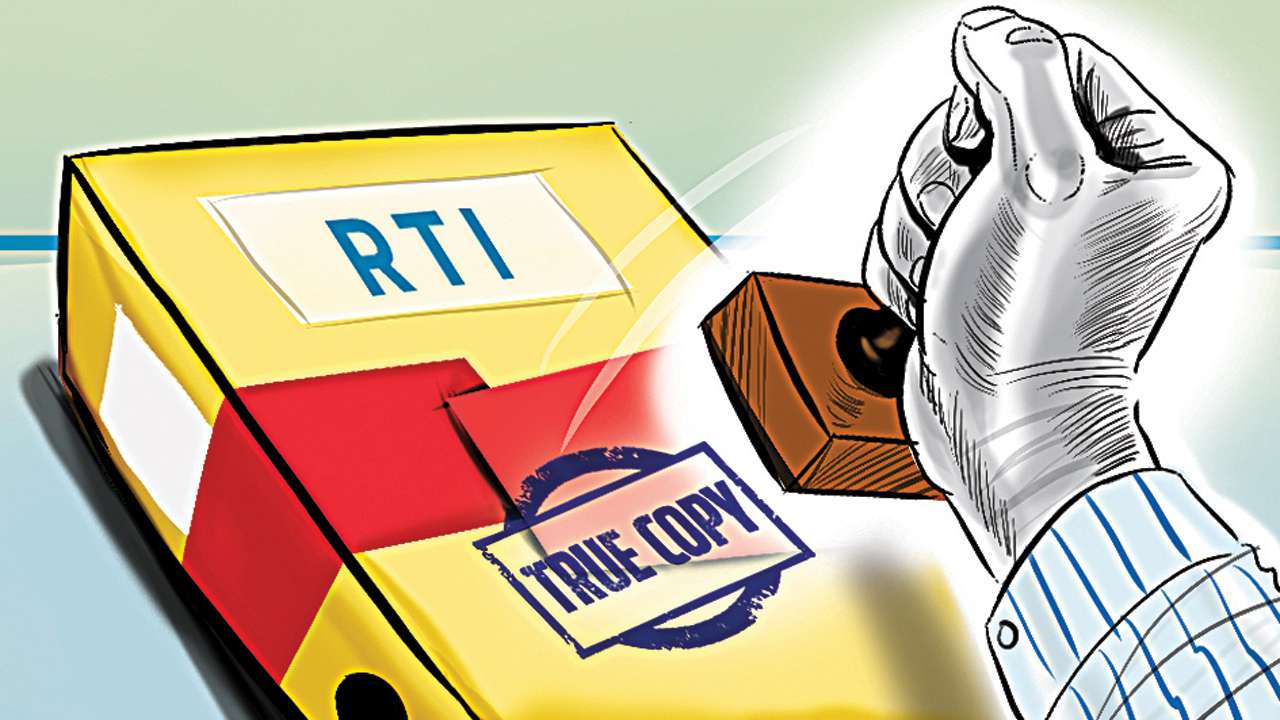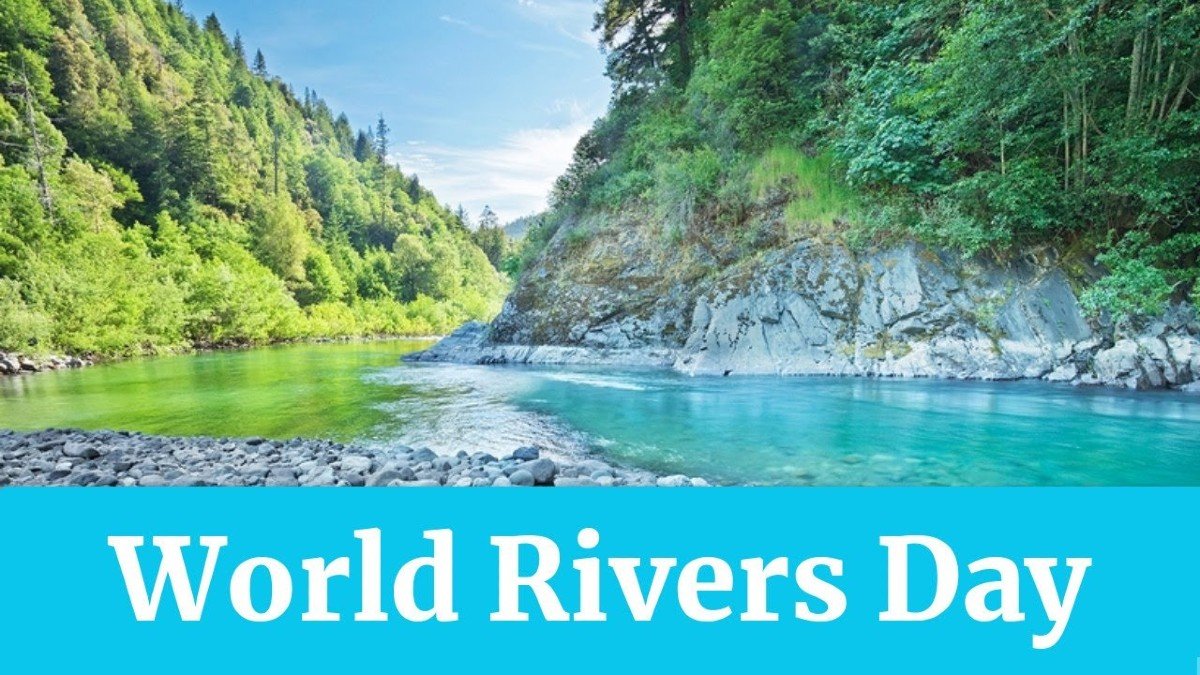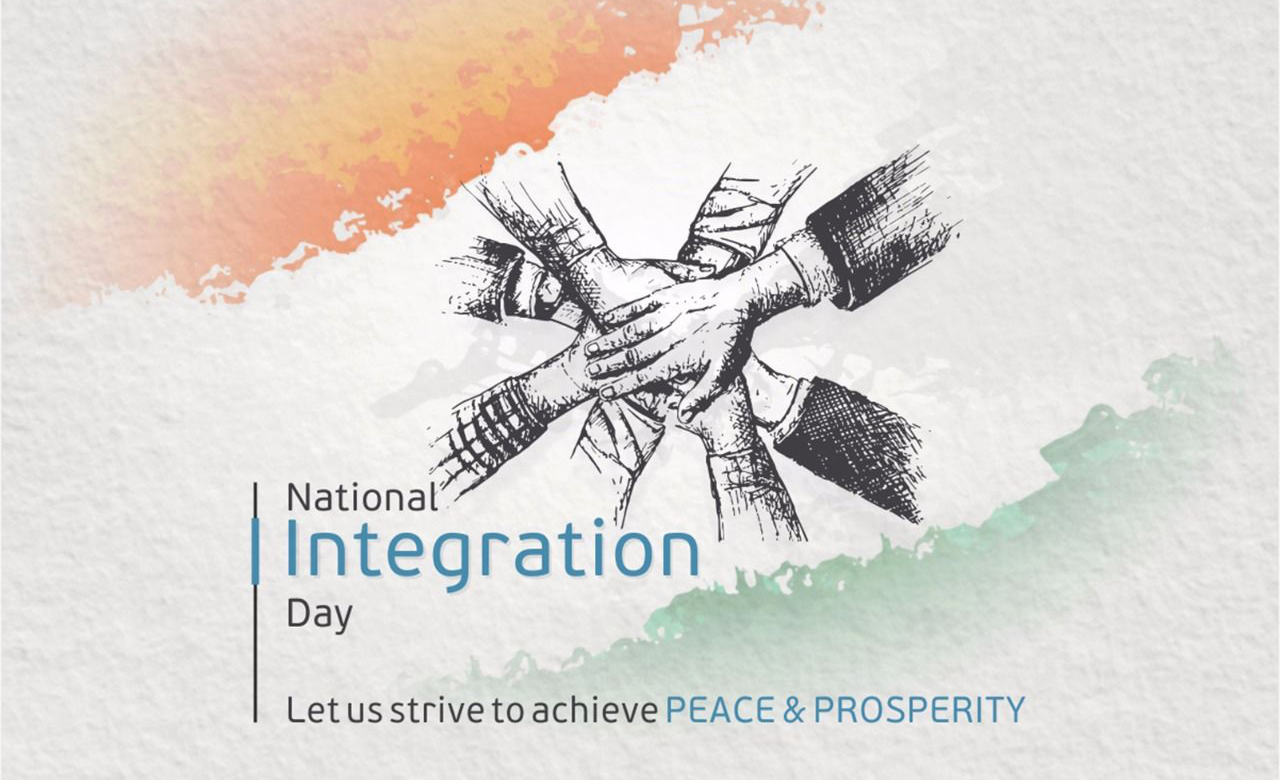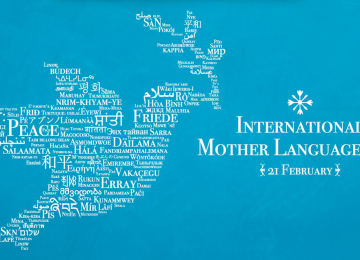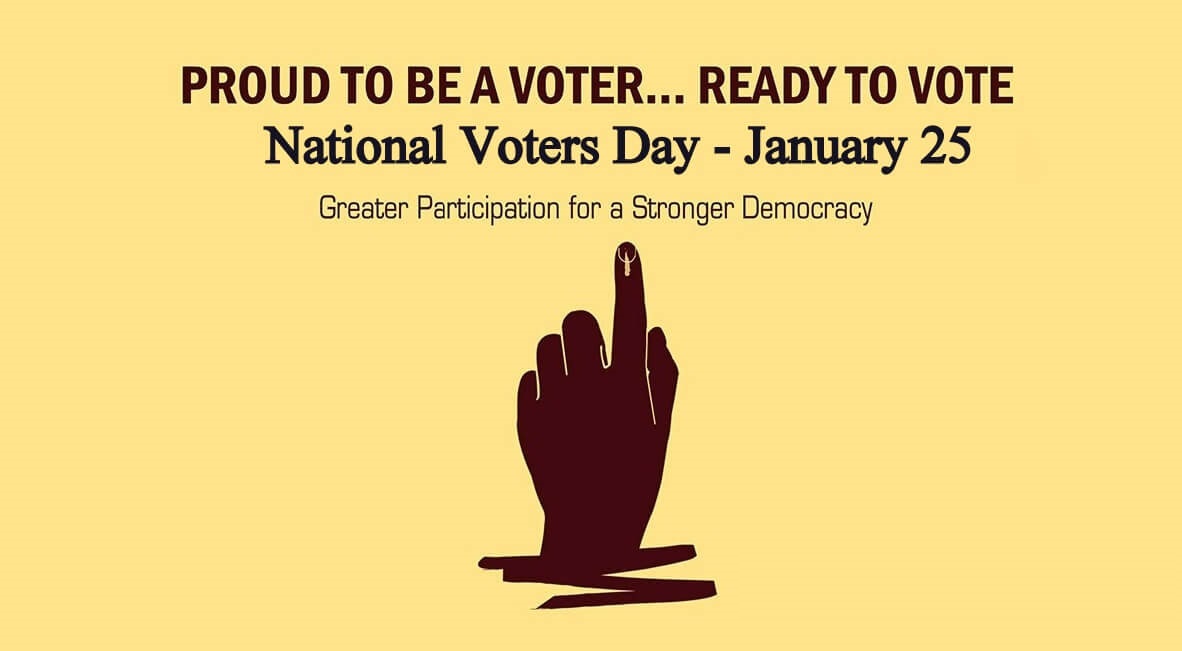Category : Heritage & Culture | Sub Category : Indian Heritage Posted on 2020-10-16 23:47:50
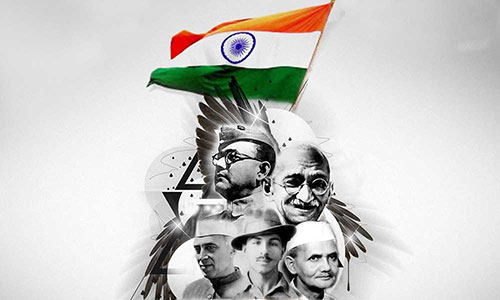
Independence Day is admired annually on 15 August as a national holiday in India commemorating the nations independence from the United Kingdom on 15 August 1947, the day when the provisions of the Indian Independence Act 1947, which shifted legislative sovereignty to the Indian Constituent Assembly, came into momentum. India continue to have King George VI as head of state up to its change to a full republic, when the India take on the Constitution of India on 26 January 1950 (celebrated as Indian Republic Day) and replaced the dominion prefix, Dominion of India, with the enactment of the sovereign law Constitution of India. India achieved independence following the Independence Movement noted for largely civil disobedience and non-violent resistance.
Independence Day symbol the end of British rule in 1947 and the establishment of an independent and free Indian nation. It also signify the anniversary of the partition of the subcontinent into two countries, India and Pakistan, which occurred at midnight on August 14–15, 1947.
HISTORY
In the Indian subcontinent, European traders had existed outposts by the 17th century. Through massive military strength, the British East India company muted local kingdoms and settled themselves as the ruling force by the 18th century. The Government of India Act 1858 led the British Crown to assume direct control of India following the First War of Independence of 1857. In the decades following, civic society slowly come out across India, most notably the Indian National Congress Party, formed in 1885. The period after World War I was pronounced by British reforms such as the Montagu–Chelmsford Reforms, but it also see as the process of passing legislation of the repressive Rowlatt Act and calls for self-rule by Indian activists. The dissatisfaction of this period crystallised into nationwide non-violent movements of civil disobedience and non-cooperation, led by Mohandas Karamchand Gandhi.
